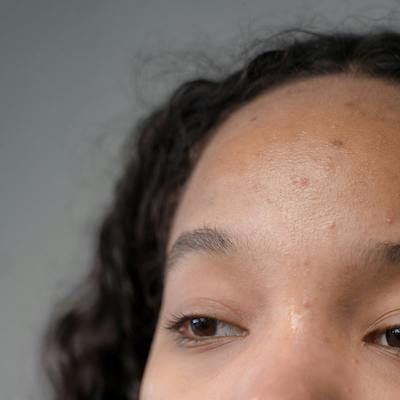Opinion
Video
Unmet Needs and Emerging Therapies in HS
Author(s):
Andrew Baker PA-C, MBA, reviews unmet needs for the clinical management of moderate-to-severe HS and shares insight on novel and emerging therapies in the pipeline.
Andrew Baker, MBA, PA-C: A multidisciplinary approach is needed for clinical management. Many clinicians are not on the same page about this disease or the treatment, so if you’re working with other specialists, there is a knowledge gap or an educational gap on this disease and how to effectively treat it. And that spills over to the patient, and they’re getting conflicting answers from different clinicians. And it can be very upsetting to the patient, and it can deter them from seeking treatment. So there is a real need for a call to action across all specialties. Also, given the somewhat limited improvements for some of these patients on TNF-⍺ [tumor necrosis factor-⍺] therapy, there is definitely a need for novel systemic treatment as well.
The formation of the inflammatory nodules, abscesses, and sinus tracts and fistulas is characterized by this large influx of key proinflammatory mediators, such as TNF-⍺, IL-1, IL-17, IL-12, and IL-23. And now some of these new therapies are looking to target some of these other inflammatory mediators to try to stop the disease progression. A good example is IL-17.
The upcoming expected approval of secukinumab is definitely on a lot of our minds at this time. This medicine has been used frequently off-label for patients with HS [hidradenitis suppurativa] or patients who have a concomitant HS with psoriasis. And there’s been a lot of benefit to those patients. And the reason we think this medicine is going to work is that it does bind and interferes with the IL-17 cytokine, which has been known to reduce inflammation, and alters the immune response of this cascade.
Transcript Edited for Clarity





